I realize today that as a young boy, I had different role models than most people my age. Without question, at nine years old, the only heroes I had were Willie Mays, Willie McCovey, Juan Marichal, and Roberto Clemente, but as I got a little older, those sports heroes (with the exception of Clemente who remains dear to my heart today because of his courageous activism against white supremacy) faded from view. My increasing trauma from experiencing often violent racist oppression pushed me to become an avid reader by the time I was 15. I needed role models. And, for me, since my young and impressionable brain reeled with pain from my growing realization of what this country actually is, I needed role models who stood up against that oppression. I was moved to support those militant leaders who, still being alive, represented for me a spirit of strength and resistance. A spirit of victory, whether they were perfect or not. Whether they were still involved in the struggle or not. Those people were Black Panther Party and Student Non-Violent Coordinating Committee leaders Huey P. Newton, Geronimo Ji Jaga, Elaine Brown, Assata Shakur, Kwame Ture, Jamil Abdullah Al Amin (H Rap Brown), as well as AIM leaders Dennis Banks, Russell Means, John Trudell, Bill Means, Loreli Means, and Wabinini (Vernon Bellcourt). I devoured everything I could read about them. In high school I ripped pictures of them from magazines and taped them to the walls in my small room. My parents thought I was insane. Later they realized these were the people who would inspire and shape my life. They were living symbols of resistance for me. They were role models of the type of person I wanted to be.
As I grew older and began to engage our movement for liberation on a serious level, I began to meet some of them and even work, closely, with others of them. In 1982, while still a student Pan-African activist of barely 20 years old, I remember large groups of young Africans traveling out to Deganawidah-Quetzaloatl (D-Q) University just west of U.C. Davis at the drop of a hat. During those days, D-Q was under assault by the Reagan administration. D-Q was the only Indigenous University in the U.S. in those days. Indigenous activists decided they had seen and heard enough of capitalism's lies. Treaties had promised the Indigenous people all of the abandoned military bases and prisons. D-Q fell within this category and several years before that, the university had been established. The Reagan administration, as racist as any, including this present one, had cut off the university's ability to grow corn which they used to sell and support the school. As a result, D-Q had reached the point where they had no electricity and the impending threat of eviction loomed everyday. We young Africans would go out there intent upon doing whatever we could to stand with our Indigenous cousins against this oppression. Dennis Banks was the chancellor of D-Q at that time. I remember being out there on one cold night when we sat around a fire watching the drummers. It was then that Banks looked at everyone in our group and thanked us for our solidarity. They were fed up and determined to fight for their institution and we were committed to help them.
Of course, the 1982 governor's election saw the election of a fascist who declared he would extradite Banks to South Dakota if elected. Banks had charges in South Dakota from AIM's taking over of the town of Wounded Knee in 1973. So, Banks had no choice except to flee California after the election to avoid going to prison. I remember that distinctly because that 1982 election would serve as the last time I would vote in any major state or national capitalist election (I voted for Jesse Jackson in the 84 primaries, but was done for good after that). I voted for Tom Bradley who I had absolutely no respect for. He was a 21 year cop in the Los Angeles Police Department. If you don't know why that would be a problem all I can say is you are probably reading the wrong blog. Anyway, one thing Bradley did promise was not to bother Dennis Banks. That was the sole reason I voted for him.
Today was a sad day. With Banks making his physical transition he joined Russell Means, Wabinini, John Trudell, Kwame Ture, Huey Newton, and Geronimo Ji Jaga before him. Not many from my original list of role models are left, but whatever happens, they are all to be thanked. Mr. Banks certainly played his part. Now that he is gone, it is our responsibility to carry on that critical work. We must remind everyone who the rightful caretakers of the Western Hemisphere actually are. Its not the people who stand and honor the toilet paper flag of oppression. Its the Indigenous people of the Western Hemisphere. As Africans, we must respect and honor that because in honoring that truth, we honor the truth about our own oppression. And, in supporting the empowerment of Indigenous people, we create the conditions for support for our African liberation struggle. For that connection I honor Dennis Banks as I honor my own African role models. We thank him for his work and his passing just reminds us how much we must continue to advance the struggle for whatever time we have left.
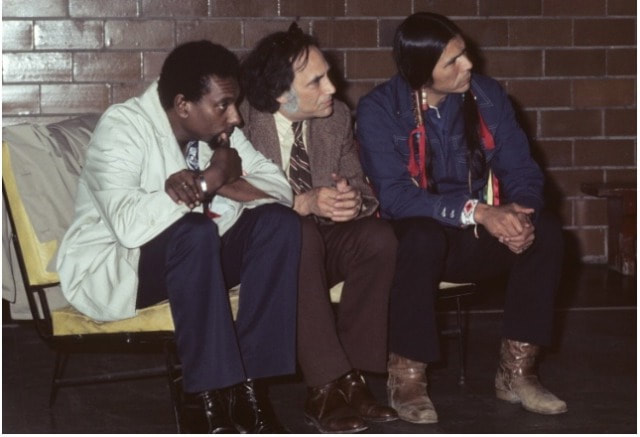

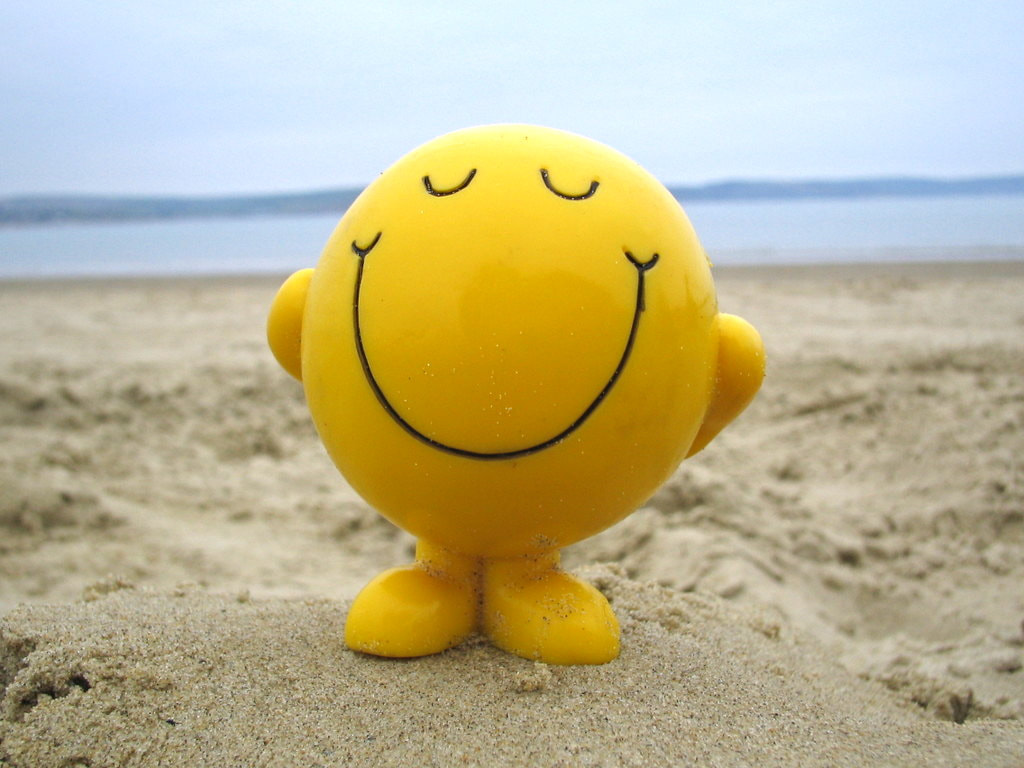
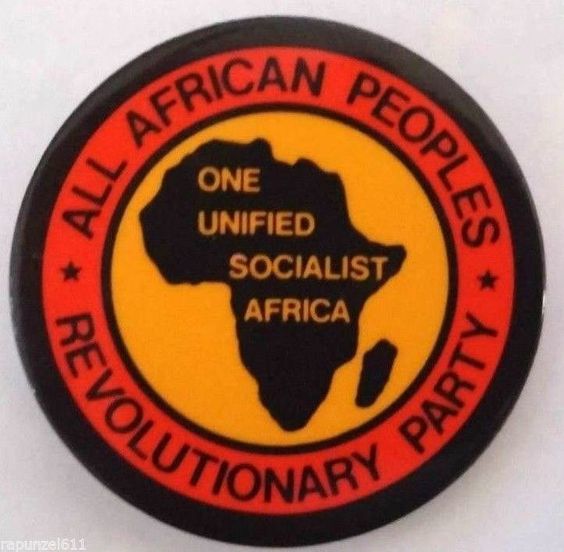

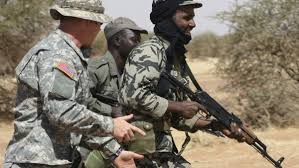
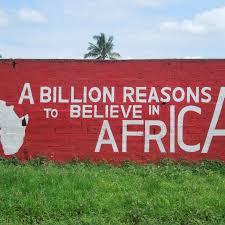
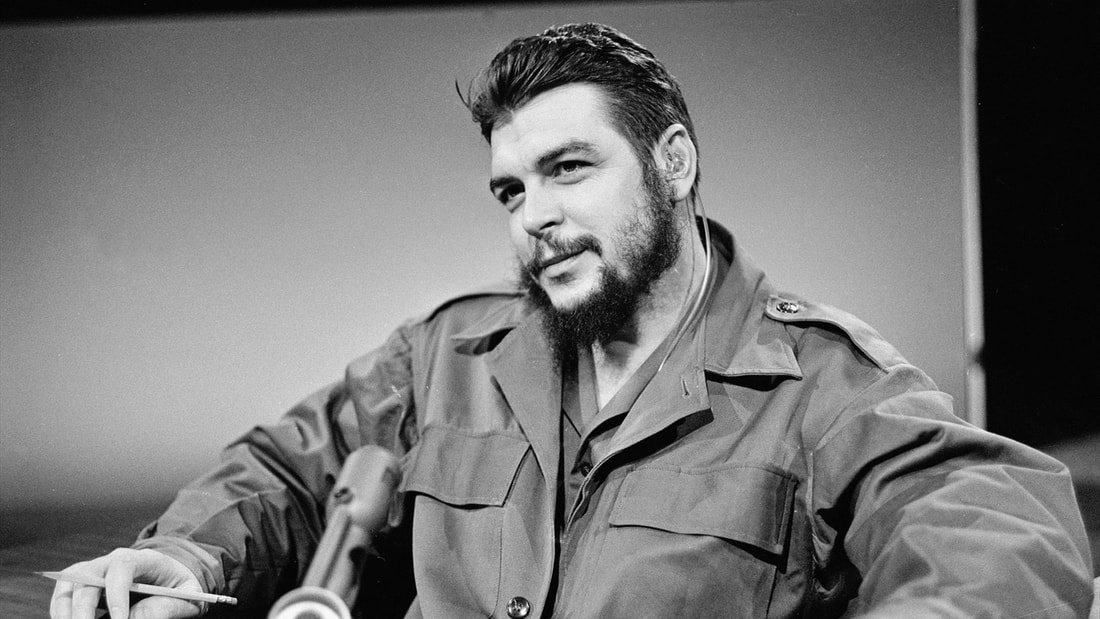
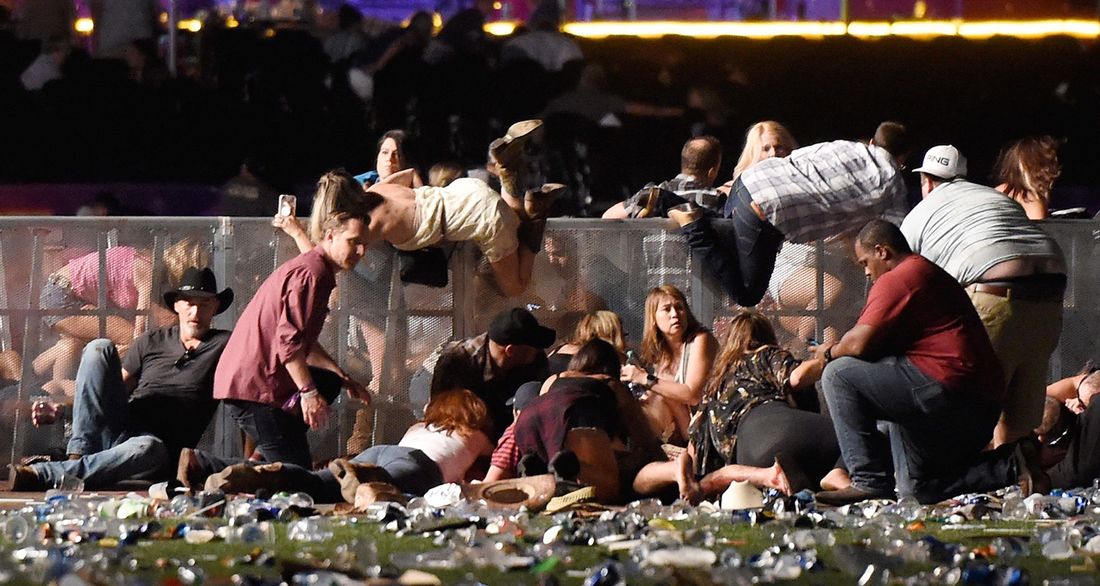

 RSS Feed
RSS Feed
